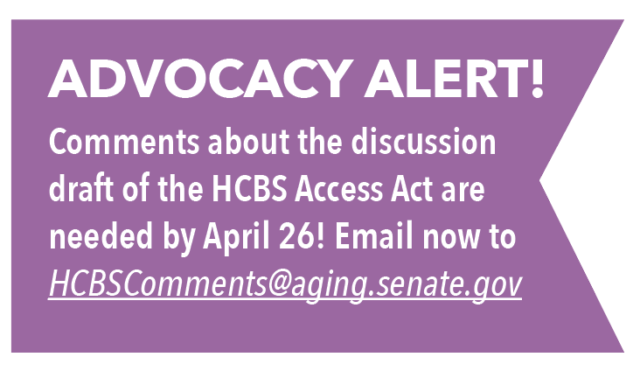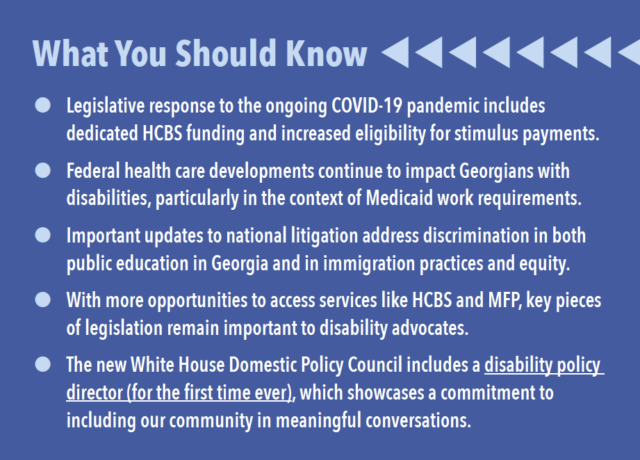It’s been a busy 2021 so far, which has brought some important wins for the disability community. Below we provide a few key updates and what we expect to see in the coming months.
COVID-19 Response
American Rescue Plan Act: On March 11, the latest COVID-19 relief bill, the American Rescue Plan Act, was signed into law. The bill does not respond to all of our concerns, but it does address some particularly urgent needs that have been ignored in prior coronavirus relief bills. These include dedicated funding for home and community-based services (HCBS). HCBS funding is critical to help individuals with disabilities and older adults remain safely in their homes rather than being forced into nursing homes and other congregate settings that have faced severe COVID-19 outbreaks.
The bill also addresses other priorities. It contains $1,400 stimulus checks that, unlike stimulus checks provided in previous relief bills, adult dependents are eligible to receive. It also provides much-needed education funding that includes dedicated funding for special education services, as well as additional nutrition funding and state aid.
Discussions around another bill meant to jumpstart economic recovery following the pandemic have begun, though consideration of any proposed plan or legislation is not expected to happen quickly. We will continue to update you as those discussions move forward.
- More on what disability priorities are and are not included in the American Rescue Plan Act here.
- More on the bill is also available on our COVID-19 legislation page.
Updates on Health Care Policies Impacting Georgia

Medicaid Work Requirements in Georgia: In February of 2020, the Georgia Council on Developmental Disabilities (GCDD) and the Center for Public Representation (CPR) submitted joint comments opposing Georgia’s application to the Centers for Medicare and Medicaid Services (CMS) seeking a waiver to allow the state to, among other things, impose work requirements as a condition of expanding Medicaid. Work requirements have been shown to cause people to lose their health care. Georgia’s proposal is particularly harmful because, unlike other states, it does not attempt to exempt people with disabilities or their caregivers from work requirements (although even with exemptions, people with disabilities can be impacted).
Georgia’s application was approved by CMS in October, but in February, CMS notified the state that it would be reviewing its decision. We will keep you updated as CMS reconsiders Georgia’s proposal.
Litigation Updates
GAO v. Georgia (GNETS): In July 2020, a motion was filed to consolidate the two lawsuits challenging the Georgia Network for Educational and Therapeutic Supports (GNETS) – one brought by the US Department of Justice (DOJ) and the other by private advocates including the Georgia Advocacy Office and CPR – to allow both cases to be heard by the same judge. On March 9, the judge overseeing the case brought by private advocates, Judge Michael Brown, denied the motion. As a result, the two cases will continue on separate litigation tracks with each case being decided by a different judge.
In August 2020, Georgia filed a motion for judgment on the pleadings, which sought a ruling from the judge in its favor immediately, before evidence had been presented. Judge Brown denied that motion on March 9 as well.
Public Charge Litigation: We have often discussed the public charge rule, which had put in place a new test for people applying for visas or green cards. It looked at people’s health, including whether they have a disability, and whether they have used or might one day use public benefits, including Medicaid-funded HCBS on which many people with disabilities rely.
Disability advocates, including CPR, have been fighting against the discriminatory rule since it was first proposed in 2018. Litigation against the rule eventually made its way to the US Supreme Court, which was set to hear oral arguments in the coming months. In February, the Biden Administration issued an executive order to begin the process of reversing the rule, and on March 9, the DOJ notified the Supreme Court that it would no longer defend the rule. The Supreme Court then agreed to dismiss the case.
This means that the public charge rule is no longer in effect. In its place is the 1999 field guidance that the government had used to make public charge determinations prior to implementing the rule.
- More information on the GNETS case can be found here.
- More information on the public charge rule is available here.
Legislation to Watch
HCBS Access Act: The bill seeks to end what’s known as Medicaid’s institutional bias. Currently, HCBS is an optional service, which means many people are left on waiting lists to access those services, while institutional services are mandatory and provided without a waiting list. It would change that by making Medicaid coverage of HCBS mandatory and providing states with additional funding for HCBS. We expect there will be many advocacy opportunities to come in support of this important bill and will continue to keep you updated.
The HCBS Access Act has not been formally introduced yet, but a discussion draft was released on March 16 by Representative Dingell (D-MI) and Senators Hassan (D-NH), Brown (D-OH) and Casey (D-PA). Their offices are seeking comments related to the discussion draft. Comments are due April 26, and can be emailed to HCBSComments@aging.senate.gov.
- Read the fact sheet on the HCBS Access Act bill here.
- Read the full HCBS Access Act press release here.
Money Follows the Person and Spousal Impoverishment Protections: As we discussed in our last column, on December 27, the Consolidated Appropriations Act was signed into law. The bill, among other things, extended funding for the Money Follows the Person (MFP) program for three years, along with spousal impoverishment protections.
While we were happy to see long-term extensions of these important provisions, disability advocates continue to push for permanent reauthorization. In March, two bills, HR 1880 and HR 1717, were introduced in the House to do just that. We will continue to monitor these bills and expect we’ll need your help to get them across the finish line.
Notable Developments
Domestic Policy Council: For the first time ever, the White House’s Domestic Policy Council includes a disability policy director, Kim Knackstedt. This means that the needs of people with disabilities will be considered from the beginning as the Biden Administration develops its domestic policy agenda, providing an exciting opportunity to advance the community’s goals.
These updates represent only a small portion of what we’re working on. For more on our work, visit our website and connect with us on Facebook and Twitter.

What You Should Know
- Legislative response to the ongoing COVID-19 pandemic includes dedicated HCBS funding and increased eligibility for stimulus payments.
- Federal health care developments continue to impact Georgians with disabilities, particularly in the context of Medicaid work requirements.
- Important updates to national litigation address discrimination in both public education in Georgia and in immigration practices and equity.
- With more opportunities to access services like HCBS and MFP, key pieces of legislation remain important to disability advocates.
- The new White House Domestic Policy Council includes a disability policy director (for the first time ever), which showcases a commitment to including our community in meaningful conversations.
Note: information current as of 4/9/2021
